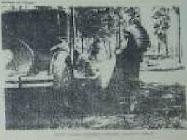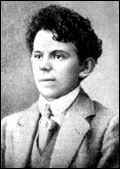Just getting into Stephen Greenblatt's Shakespeare bio, Will in the World. One thing that strikes me is how Shakespeare's ability to observe/remember/recast his own experience granted him a certain freedom - a semi-independent place to stand, on the ground of poetry itself. A Proustian talent. Despite the counter-pressure applied by the struggle to survive in a highly controlled/hierarchical/tense society, & of his own ambition to become the "gentleman", the all-important social status his father didn't quite achieve.
Capacious character; powers of empathetic/critical observation. Curious parallels/contrasts with Dante, with what Dante made of similar talents.
Force of character added to artistic talent & training, added to a mode of popular entertainment undergoing a vast renovation (mystery plays & royal pageants become sophisticated machines of elite/pop culture).
Freedom from snobberies & authoritarian controls of various kinds. The poetry reached an audience by becoming broader than any particular audience. Because it drew upon both folk culture & elite programmes.
One problem with the paranoid theory of a dual poetry culture in the US (post-avant vs. mainstream) - analogous to leftist criticisms of the economy in general, I might add - is that it effaces the huge factor of individual responsibility and initiative.
Poetry, in a sense, is always unnecessary - until a necessary poet comes along : someone who finds a way to synthesize knowledge, history, politics, language, experience, and art so as to make it "relevant" again.
12.01.2004
Labels:
Greenblatt,
oppositionalism2,
Shakespeare2
Subscribe to:
Post Comments (Atom)



No comments:
Post a Comment